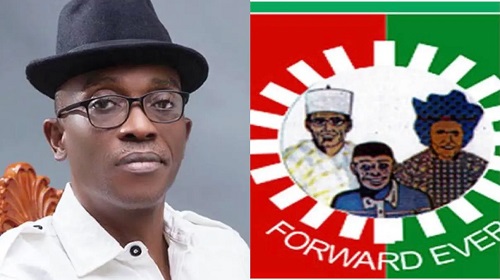Start Total Christian Certification Course Now
In the bustling political landscape of Nigeria, a leadership conflict within the Labour Party has escalated into a high-stakes legal showdown. At the heart of this dispute is the contention over the rightful national chairman of the party, pitting Lamidi Apapa against Julius Abure in a battle that is about more than just titles—it’s about the soul and direction of the party.
The controversy erupted when a court ruling reinstated Julius Abure as the national chairman, a decision that Lamidi Apapa, another key figure within the party, refused to accept without a fight. Apapa’s swift move to appeal the court’s decision underscores the depth of the rift and the complexities of internal party politics.
This legal tangle is not merely a power struggle; it’s a reflection of the broader challenges facing political parties in Nigeria, where internal democracy and governance mechanisms often come under strain. The dispute has drawn public and media attention, casting a spotlight on the need for clear, transparent processes within parties.
As the legal proceedings unfold, the outcome will not only determine the leadership of the Labour Party but could also set a precedent for how internal conflicts within political parties are resolved in Nigeria. This battle, while confined to the courtrooms, resonates far beyond, touching on issues of legitimacy, unity, and the principles that underpin political organizing in the country.
The Labour Party’s leadership saga is a compelling narrative of ambition, legal strategy, and the quest for political control. As observers await the final verdict, the story serves as a poignant reminder of the turbulent waters of party politics and the importance of robust, transparent mechanisms to navigate them.














